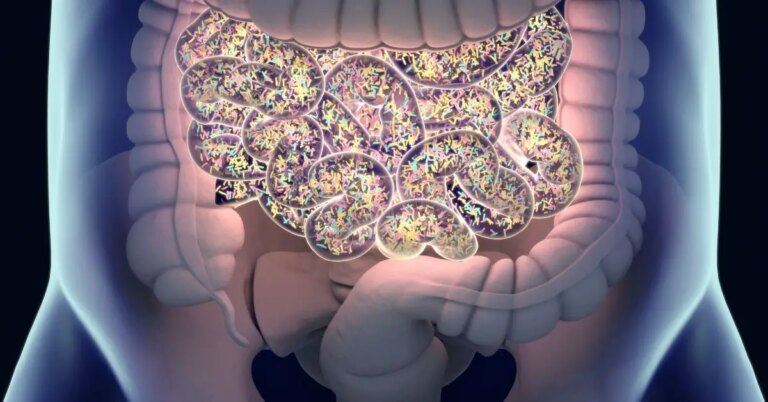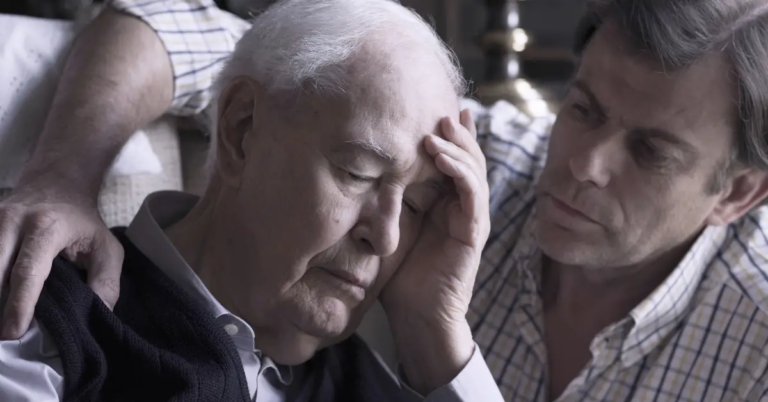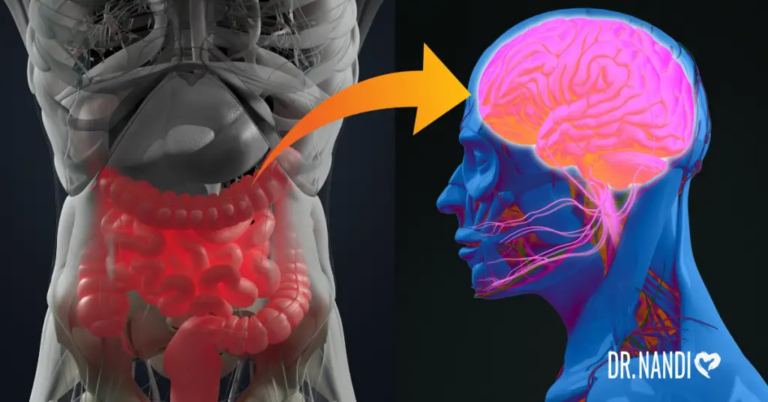People who suffer from drug addiction’s physical and emotional effects also face financial challenges. They live in poverty, are unemployed, or even homeless. Unfortunately, those who get into such a complicated situation can’t afford to receive treatment. Some of these individuals want to break their addiction. They try to quit cold turkey or undergo at-home detox, which is dangerous.
There’s always a way out. Some people don’t know that there’re affordable or even free options for them or their family members. Here’re they.
Finding Affordable Rehab
Millions of Americans could benefit from proper addiction treatment if only they knew where to seek it. A free rehab (find more here) is not a myth; moreover, it can save your life or the life of your beloved one.
Substance Abuse and Mental Health Services Administration (SAMHSA) conducted a national survey of 14,311 facilities across the US in 2012. 50% of them offered free help for addicts who couldn’t pay for the services. Almost a quarter of the rehabs were private, for-profit facilities. The use of a sliding fee scale was reported by 62% of these facilities.
Why do so few people know about the possibility of getting cheaper or even free addiction treatment? Because addiction rehab centers don’t publically advertise these special offers.
If you need this opportunity, ask your doctor: “Is there free drug counseling near me”? You’ll probably be advised to contact one of the following facilities.
State-Funded Rehab
State-funded drug rehab centers help people overcome addiction by utilizing state and federal funding to cover the cost of treatment. Free addiction treatment is available to addicts with no income via public mental health or substance abuse treatment centers in most states. To get approved for a client of such a center, an individual has to have:
- official residence in the state
- the United States legal residence
- no insurance
- lack of/no income
- medical records as proof of addiction status and need for intervention.
Funding for state treatment is limited, and the number of individuals who need treatment is constantly growing. There’s a constant queue of people waiting to get accepted into these rehabs. Prioritized access to state-funded drug treatment programs have:
- pregnant women;
- women who have given birth to a child in the past year;
- Individuals who are IV drug abusers
Faith-Based Rehab
Faith-based treatment focuses on a spiritual solution to substance abuse. Each faith-based rehab is designed for people with a particular religious belief. For example, a Christian treatment center approaches recovery from a Christian perspective. It focuses on clients curing addiction by strengthening their relationships with Christ.
There’re traditional methods of addiction treatment used in these centers. Inpatient and outpatient facilities are available. By joining a religious organization, recovering addicts form new social bonds and receive the support that was often missing during addiction.
While some benefit from a single religious or spiritual experience, this is not the only focus of a professional faith-based treatment setting. Clients participate in individual and group consultations. Therapy sessions are aimed at helping the addicts to understand the underlying causes of addiction and learn to avoid relapse.
Some alcohol and drug users also suffer from mental illnesses and behavioral disorders. Faith-based treatment centers can help with any needed therapy or medications.
Additional Options to Consider
Now you know how to get into rehab with no money. But while you’re on the waiting list or still searching for a rehab, you can find support at the following places.
Mutual Support Groups
Alcoholics Anonymous has become synonymous with the concept of addiction rehabilitation in general. It’s a worldwide fellowship that provides active support to those who struggle with alcoholism. To some extent, certain program meetings fit all people struggling with substance abuse.
This organization is funded by its members. Their voluntary donations make it possible to provide free help to those who need it.
Online Recovery Support
In the Internet age, any recovery program has an active online presence, be it free or commercial. Resources for those willing to quit drinking or doing drugs include email groups, bulletin boards, chat rooms, and instant messenger groups.
Professional Rehab Centers
Yes, treatment in a residential treatment center can be costly, especially if it isn’t covered by insurance. However, some facilities offer alternative payment options, assistance, or sliding-scale fees. Sometimes the sum is divided into manageable monthly payments and spread over the years.
Moreover, some organizations, such as SAMHSA, offer scholarships to help people with low budgets pay for treatment. Some treatment centers provide financing, and they’re even loan companies explicitly founded for financing treatment for individuals. And it’s worth it to ask close people to assist with the cost of treatment.
Why it’s Important to Get Professional Substance Abuse Treatment, No Matter Your Financial Situation?
Filling out all the forms for a free drug rehab center with no money might seem pointless since being on a waiting list won’t make you sober. However, it’s vital to get professional help. 95% of untreated addicts die of their addiction. Here’s why rehabs are necessary:
- Rehab specialists can guide you safely through the detoxification process, making it as comfortable as possible. It can be hazardous to detox from drugs or alcohol at home or quit substance use cold turkey without medical supervision. Some substances, such as benzodiazepines, can provoke withdrawal syndromes that can be fatal without immediate emergency care. The best option in complex cases is to wean addicts off a drug gradually.
- Even if a detox process doesn’t have life-threatening withdrawal symptoms, they can still be severe, and an individual can relapse. Doctors can prescribe medication, such as methadone or buprenorphine to facilitate withdrawal.
- Rehab facilities provide counseling sessions for patients to understand why they started abusing drugs or alcohol. Defining the roots of the problem is a massive step to recovery.
- Addiction significantly changes brain chemistry and structure. It does take time and specialized treatment to heal. Rehab facilities provide patients with aftercare support to promote a long-term, substance-free life.
- When you look for free addiction help, consider every option. Remember, who searches, finds



















